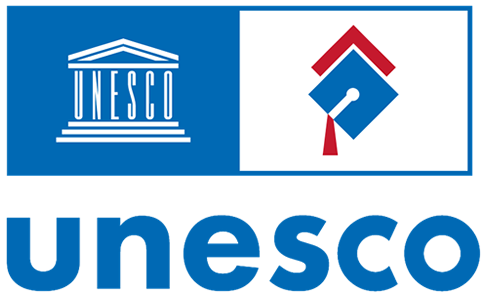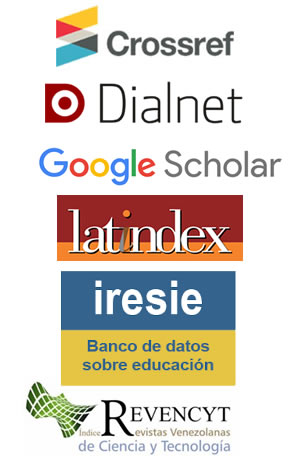Transatlantic intellectual networks in the General Studies university reform movement: the role of Puerto Rico.
Resumen
Although the General Studies movement had its beginnings in the United States in the 1920s, it developed important intellectual and institutional linkages with other related movements in Europe, the Caribbean, Central America and Latin America. Puerto Rico became part of that movement in the 1940s on the initiative of Chancellor Jaime Benítez and his collaborators. The influence of José Ortega y Gasset´s ideas on university reform in Puerto Rico predate the linking up with the General Studies movement in the United States. To a great extent, the links the University of Puerto Rico developed with both networks, the General Studies movement in the US and Ortega´s own political and philosophic networks in Spain and Latin America, were an important aspect both of its own reform process and the international prominence it gained during this period. The academic relationship with Costa Rica was particularly close. Puerto Rico’s role in these movements offers new insights into the mid 20th century university reform process by placing it in a broad international scenario.
Los derechos de autor permiten la protección del material original, y frena la utilización del trabajo ajeno sin permiso. UNESCO IESALC se adhiere a las licencias Creative Commons en la publicación de acceso abierto de la ESS. En concreto, los textos publicados en esta revista están sujetos a una licencia Creative Commons Reconocimiento-NoComercial 4.0 Internacional (CC BY-NC 4.0): Pueden ser copiados, distribuidos y difundidos siempre que se cite al autor, a la revista (Revista Educación Superior y Sociedad) y a la institución que los publica. No se permite el uso comercial. La licencia completa puede consultarse en https://creativecommons.org/licenses/by-nc/4.0/ La ESS requiere que los autores acepten el Copyright Notice como parte del proceso de envío. Los autores conservan todos los derechos.
 Reconocimiento – NoComercial (CC BY-NC 4.0)
Reconocimiento – NoComercial (CC BY-NC 4.0)
Esta revista no aplica ningún tipo de cargo a los autores por la presentación o procesado de los artículos. Los autores de las colaboraciones recibirán acuse de recibo de que el trabajo ha llegado al Equipo Editorial de la Revista.





-literales-100x311.png)
